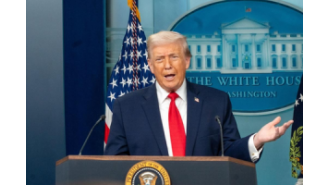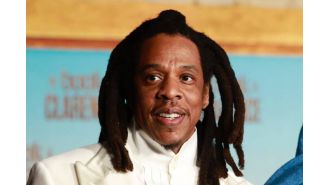North Carolina Senate brings back outdated law from 1950s, forbidding masks in public despite health worries.
Sen. Sydney Batch, a cancer survivor, emphasized the importance of people wearing masks around her during her medical treatment when her immune system was weak.

In a recent decision, the Senate of North Carolina has put forth a measure to prohibit the wearing of masks in public, regardless of any underlying health concerns. According to Newsweek, House Bill 237, which was voted on May 15, revives a law from the 1950s that aimed to target hate groups such as the Ku Klux Klan. Senator Buck Newton, the sponsor of the bill, claims that this measure will aid law enforcement in identifying potential protesters and assures that they will use "common sense" and not arrest innocent individuals, like "Granny in the Walmart."
Newton argues that protesters are taking advantage of the current pandemic situation and using masks to conceal their identities. In his own words, "it's about time that we put a stop to this madness, or at least slow it down." These sentiments were echoed by WRAL, who reported that the senator believes this measure will help bring an end to the chaos that has been ongoing.
This is not the first time that anti-mask laws have been implemented across state lines, including North Carolina, in response to hate groups. Some of these laws are still in effect today, with exceptions being made for religious face coverings in Louisiana and Minnesota. However, in states like Florida and California, it is considered a criminal offense to wear a mask while committing or intending to commit a crime.
During the COVID-19 pandemic, some extensions were made to these laws to accommodate people who wore masks for health reasons. However, the current bill proposed in North Carolina would ban all individuals from wearing masks in public, including those with pressing medical issues, if it is passed into law. While all GOP lawmakers support the bill, Democrats are united in their opposition to it.
Before it can become a law, the measure will have to be approved by the state House and then signed or vetoed by Democratic Governor Roy Cooper. However, critics, including Democratic lawmakers, community activists, and advocates for people with health issues, are concerned about the potential consequences of this proposal. They also believe that the real motive behind this bill is not about safety, but rather an attempt to suppress protests.
Melissa Price Kromm, the executive director of grassroots group NC for the People Action, believes that this bill is a response to the recent protests against Israel's military campaign in Gaza, stating that it is "another anti-protest bill." These protests were seen at commencement ceremonies at both UNC Chapel Hill and Duke University, where demonstrators removed an American flag and walked out on speaker Jerry Seinfeld, respectively. Similar incidents have also been reported on college campuses across the country, with police deliberately unmasking protestors.
Senator Lisa Grafstein has described the bill as "unconscionable," while Senator Sydney Batch, a cancer survivor, emphasized the importance of masks for individuals with compromised immune systems. She also pointed out that this bill would prevent someone with a contagious illness, like tuberculosis, from wearing a mask to protect others.
On the other hand, GOP Senator Danny Britt believes that there is still room for interpretation in the legislation and argues that individuals can still wear masks for legitimate health reasons. However, Senator Natasha Marcus, who represents Mecklenburg county, home to Charlotte, is not convinced. She questioned the intentions behind this bill, asking if masked individuals undergoing chemotherapy are perceived as a threat or if this is simply a political move to appease the anti-mask crowd during an election year.
In conclusion, the debate over whether masks are effective in preventing the spread of viruses continues, but the proposed measure in North Carolina has sparked a new conversation about the implications of banning masks in public.










